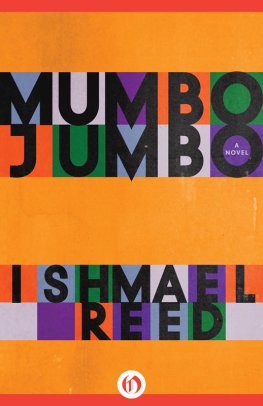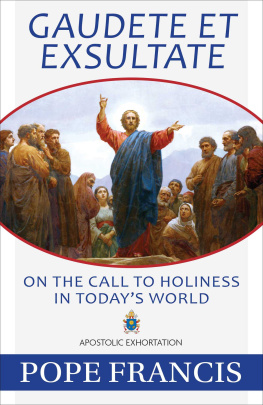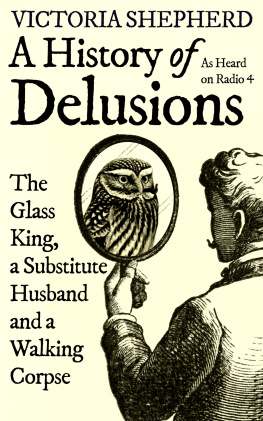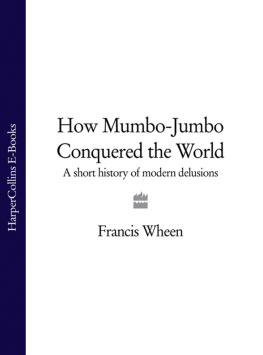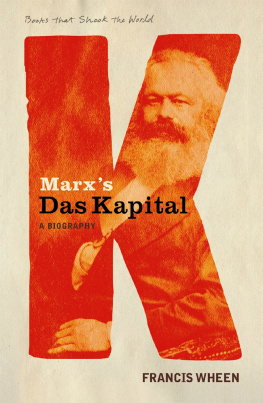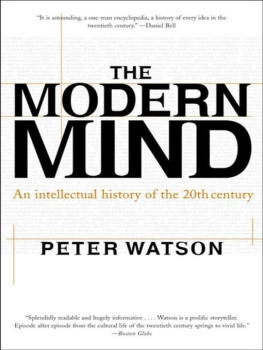For Bertie and Archie
Prologue
Two messiahs
Tehran, Wednesday 24 January 1979
block the entrance to Mehrabad International Airport, following an announcement by the Shiite Muslim leader Ayatollah Ruhollah Khomeini that he intends to return to Iran on 26 January after fourteen years of exile. Khomeini is not coming, not at all, a major tells reporters.
It is eight days since Shah Mohammad Reza Pahlavi fled abroad, with mass demonstrations and strikes convulsing the country he has ruled for three decades. The tanks in the roadblock British-made Chieftains are themselves symptoms of the malaise which laid him low: both Muslims and Marxists were enraged by his dependence on Britain and the United States, his use of military force to crush dissent and his apparent contempt for Persian traditions.
Shahpour Bakhtiar, the prime minister, said after the Shahs departure that Khomeini was welcome to return home, but has adamantly refused to accept the Ayatollahs demand that he should yield power to an Islamic theocracy. As the tanks arrive at the airport, Khomeinis principal envoy in Tehran, Mehdi Bazargan, holds a news conference at which he describes his old friend Bakhtiar as a reasonable, logical and patriotic man who must now accept the inevitable and give way to the Ayatollah. To mollify liberals, socialists and other secular opponents of the Shah, who have become increasingly fearful of Khomeinis ambitions, he adds that the proposed new government will be called an Islamic Democratic Republic rather than merely an Islamic Republic.
What will it mean in practice? In an interview with the newspaper Ettelaiat the Ayatollah denounces dancing and cinema as unIslamic, and limits his promises of free speech to exclude things not in the national interest. At the Tehran news conference, Bazargan rejects models such as Libya and Saudi Arabia, explaining that he favours a government like that we had for ten years under the Prophet Mohammed and for five years under the Imam Ali. In short, the intention is to restore a regime that last existed almost 1,300 years ago.
Monday 29 January
on demonstrators who have burned two cinemas, two restaurants, a liquor shop, several bordellos and a nightclub. The protesters are seen chortling with delight as they throw champagne bottles from the clubs cellar on to a bonfire.
At the American embassy, Iranian soldiers guarding the grounds have to be replaced after one shoves an assault rifle into an American officers belly and yells, Yankee go home! As the original sixty-man contingent drive away in trucks, they all shout the same refrain.
Outside Tehran University, where at least thirty-five people were killed by army bullets yesterday, Major-General Taghi Latifi is dragged from his Mercedes 220 and badly beaten. A leaflet distributed on the campus says the time has come to establish a peoples army and attack the United States and Israel. We have to get guns, it adds. Thousands of students take up the chant: Machine guns, machine guns, the answer to everything. On sale inside the university are photographs of the Shah holding a glass of wine and Empress Farah wearing a one-piece swimming suit. Even girls whose blue jeans are visible beneath their ankle-length Muslim robes brandish the photos as proof of the royal couples dissolute habits.
Alarmed by the crescendo of violence, Shahpour Bakhtiar announces that the countrys airports will reopen tomorrow. Americans, Europeans and Iranian Jews make plans to leave as soon as possible. At his villa in the Parisian suburb of Neauphle-le-Chteau, Khomeini issues a statement confirming that he will return within the next forty-eight hours. If there is any blood to be shed, I want to be among my people.
Thursday 1 February
of journalists and Iranian students, Khomeini boards a chartered Air France Boeing at Charles de Gaulle airport. Throughout the five-hour flight to Tehran, the black-robed, white-bearded seventy-eight-year-old reclines on a carpet in the first-class compartment. As they enter Iranian airspace, a French reporter asks: What are your emotions after so many years of exile? The Ayatollah, who has ignored previous questions, murmurs Hichi the Farsi for nothing.
Khomeini steps off the plane at 9.30 a.m. to a thunderous reception from at least a million supporters, many of whom have waited all night for a glimpse of their hero. In a brief statement at the airport, he says that final victory will come only when all the foreigners are out of the country and uprooted I beg to God to cut off the hand of all evil foreigners and all their helpers in Iran. He is then whisked into a limousine for a triumphal motorcade through the centre of Tehran to the cemetery of Behesht-e-Zahra, where he pays tribute to the hundreds who died in the months of demonstrations against the Shah. From there, he is flown by helicopter to his new revolutionary headquarters, a former girls school near the Iranian parliament.
According to the BBC correspondent John Simpson, who travelled from Paris with Khomeini, a millennial frenzy took over the entire country. People wept and shouted and beat their chests in an ecstasy of hope and joy. Newspapers publish ecstatic poems which reflect this chiliastic optimism:
The day the Imam returns
No one will tell lies any more
No one will lock the doors of his house;
People will become brothers
Sharing the bread of their joys together
In justice and sincerity.
London, Wednesday 10 January
James Callaghan, the British prime minister, looks tanned and relaxed on his return to England after six days at an international summit in Guadeloupe, where he was photographed swimming with young air-stewardesses during a break from discussing the Soviet nuclear threat. Britain, by contrast, is freezing and paralysed: thousands of lorry-drivers are on strike, most ports and many factories have shut down, all roads into the city of Hull are blockaded by secondary pickets, hundreds of schools have closed for lack of heating oil, supermarkets are running out of food and railway workers have announced that they will begin a national strike next week. And all because of Callaghans insistence that no pay rise in the private or public sector shall exceed 5 per cent, at a time when inflation is above 8 per cent.
Arriving at Heathrow airport, Callaghan is asked by a reporter about the mounting chaos in the country at the moment. The avuncular smile that earned him the nickname Sunny Jim disappears at once. Please dont run your country down, he admonishes. If you look at it from the outside, you can see you are taking a rather parochial view. I do not feel there is mounting chaos. I dont think that other people in the world would share the view that there is mounting chaos.
A few hours later the political editor of the Sun, Walter Terry, files his report of the press conference: Sun-tanned premier Jim Callaghan breezed back into Britain yesterday and asked: Crisis? What crisis? Not even the threat of up to two million people being laid off work next week worried jaunty Jim. The Suns editor, Larry Lamb, adds the coup de grce by repeating Terrys pejorative prcis in a huge front-page headline: CRISIS, WHAT CRISIS?
Wednesday 28 March
A day of high parliamentary drama. For the past couple of years Callaghans minority Labour government has limped from one crisis to another, kept alive by wily parliamentary manoeuvring and makeshift alliances first with the Liberals (during the Lib-Lab pact of 19778) and then with the Scottish and Welsh nationalists, who were cajoled into acquiescence by the promise of a Devolution Bill. On 1 March, however, referendums in Scotland and Wales failed to deliver the support necessary for the home-rule proposals to become law, whereupon the nationalists abandoned Callaghan.




